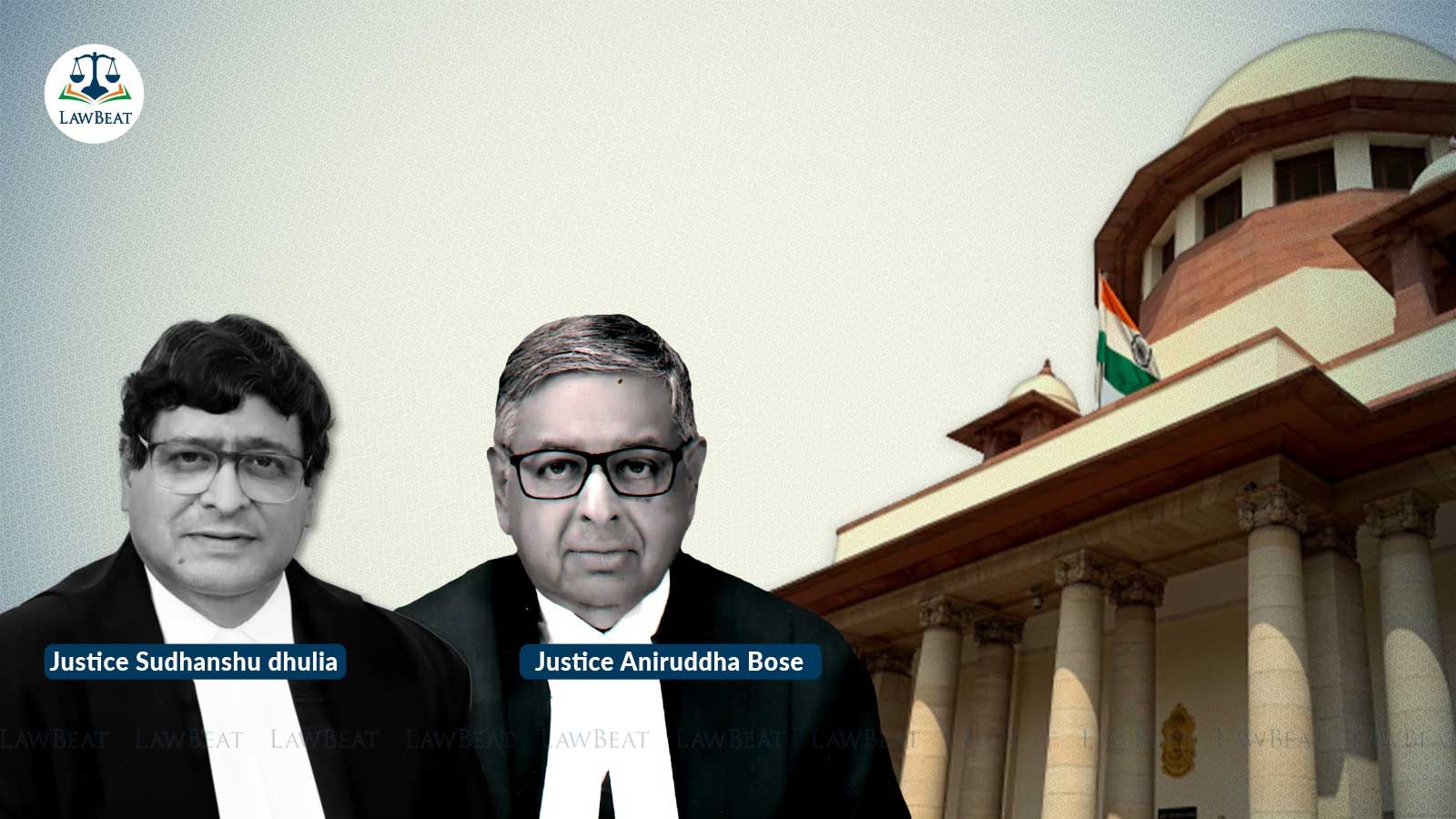Without proper title, lease deed not enforceable: SC

The court can examine the title in the event any party to the proceeding sets up this defence, the bench said
The Supreme Court has said that in absence of proper title over the subject property, a lease deed even by its sole lessor would not be legally valid or enforceable.
"If right, title or interest in certain property is sought conveyed by a person by an instrument who herself does not possess any such form of entitlement on the subject being conveyed, even with a subsisting deed of conveyance on such property, the grantee on her successors-in-interest will not have legal right to enforce the right the latter may have derived from such an instrument," a bench of Justices Aniruddha Bose and Sudhanshu Dhulia said.
The court said that if a document seeking to convey immovable property ex-facie reveals that the conveyer does not have the title over the same, specific declaration that the document is invalid would not be necessary. The court can examine the title in the event any party to the proceeding sets up this defence, the bench pointed out.
The court set aside the order of the high court arising out of a suit for partition instituted by one Thiyyer Kunnath Meethal Chandu claiming 8/20 shares in the suit property situated in survey no. 56/8 in the village Eravattur in the district of Kozhikode, Kerala. The parties belonged to Malayakamala Sect.
The plaintiff claimed his share of the suit property from his mother, described in the plaint as owner of the property, Chiruthey.
The court, however, pointed out that Chiruthey had lost her right over the subject property on her contracting second marriage.
Secondly, her status over the said property, post-1910 if at all was that of lessee. There is no indication in any of the deeds that the said lease could travel beyond the stipulated term of twelve years. The ownership of the suit property could not be said to have devolved in any manner whatsoever to the original plaintiff, Chandu who was born within the wedlock of Chiruthey and her second husband Neelakandan, the bench said.
The court also referred to Section 2 of the Hindu Widow’s Remarriage Act, 1856.
"We are not in agreement with the reasoning of the High Court in full. On remarriage of Chiruthey, after the death of (her first husband) Madhavan, her title or interest over the suit property stood lapsed. Thus, Chiruthey’s right to deal with property derived from Madhavan stood extinguished so far as the deed of 14th July 1910 is concerned," the bench said.
Case Title: Kizhakke Vattakandiyil Madhavan (Dead) Thr LRs Vs Thiyyurkunnath Meethal Janaki And Ors
